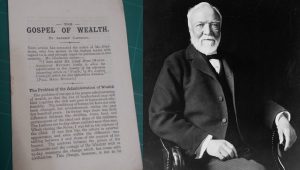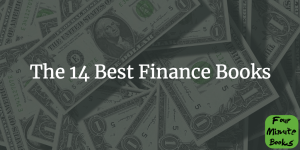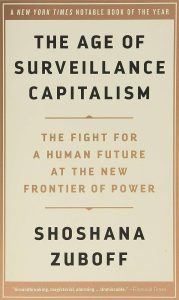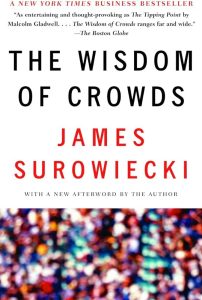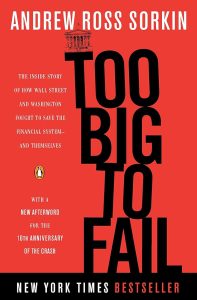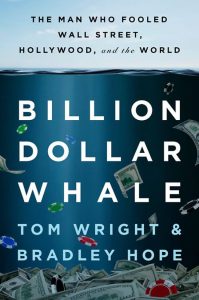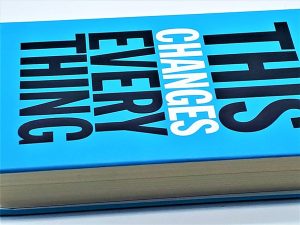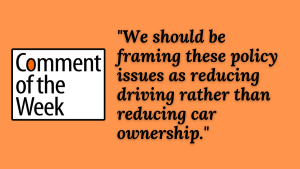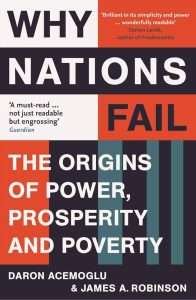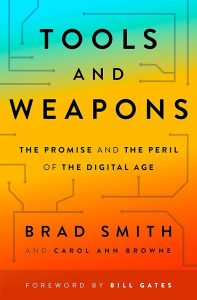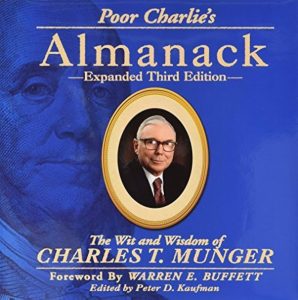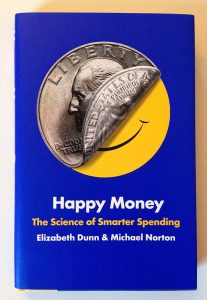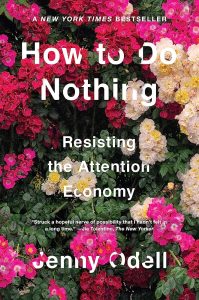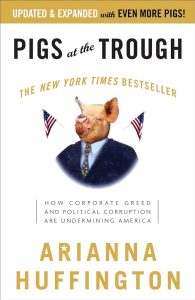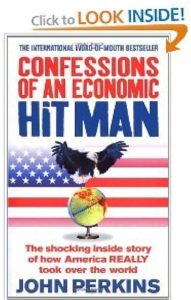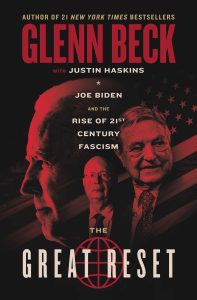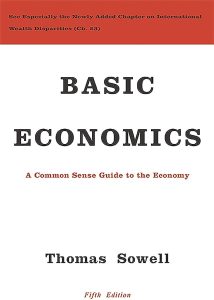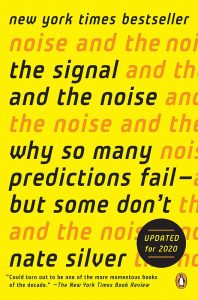The Gospel of Wealth: Andrew Carnegie’s Timeless Theory on Wealth, Prosperity and Social Responsibility
The Gospel of Wealth by Andrew Carnegie is a must-read for anyone looking to understand the history and philosophy behind modern wealth. This timeless classic looks at how money, power and influence can be used to create social change and impact people’s lives. With an easy-to-understand writing style, Carnegie presents his arguments in a way that is both informative and entertaining. The book includes an exciting analysis of philanthropy and its role in society, as well as the importance of economic justice and income inequality. Whether you are an aspiring entrepreneur or simply looking to better understand the complex dynamics between money and social progress, The Gospel of Wealth is sure to enlighten your understanding. Read on to find out more about this timeless classic!

